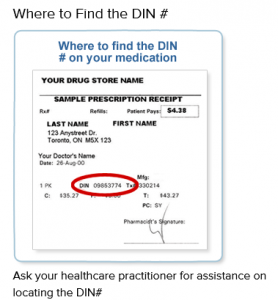Created by HealthCare Practitioners for the
Created by HealthCare Practitioners for the
Patients they Treat
Patients they Treat
Dr. Ali Zentner, MD, FRCPC, Internal Medicine, Obesity discusses how obesity needs to be viewed as a multi-faceted chronic disease.
We know that obesity is as much a disease as
schizophrenia or depression or high blood pressure and telling someone who carries extra weight to
eat less and move more is like telling a schizophrenic to just ignore the voices. It's like telling
a patient with depression to cheer up, or asking someone with high blood pressure to just cut out
salt.
Mr. Bill Semchuk, BSP, M.Sc., Pharm D, FCSHP, Pharmacist discusses how augmenting lifestyle improvements with medications can help obesity patients lose weight.
Obesity is a chronic disease. 2015 was the year
where the Canadian Medical Association recognized obesity as a chronic disease. For decades, obesity
was recognized as a risk factor to develop other complications such as diabetes and hypertension.
Obesity NOW Main Categories
To learn more about our services please click the
appropriate icon below …
Dr. Alexandro Zarruk, MD, MSc., FACP, FRCPC, Internal Medicine explains what body systems break down when a person has obesity.
Obesity is a chronic disease. 2015 was the year
where the Canadian Medical Association recognized obesity as a chronic disease. For decades, obesity
was recognized as a risk factor to develop other complications such as diabetes and hypertension.
Featured Company
Medications
Medications can help patients
manage and control their conditions preventing symptoms and even disease progression.











